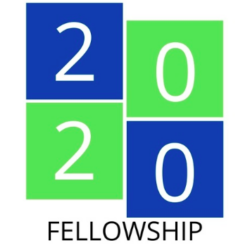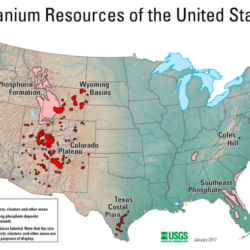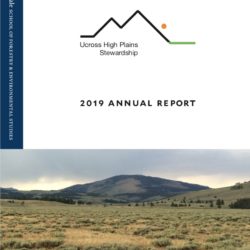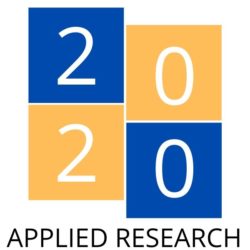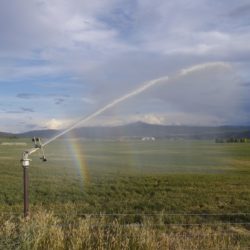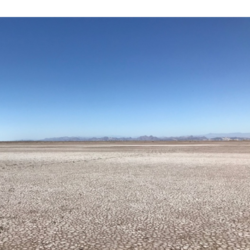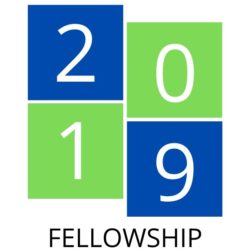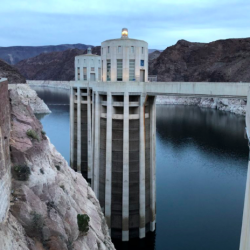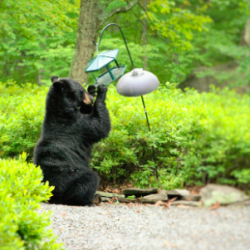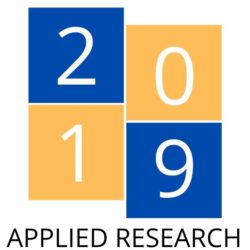Land Trusts and Water Conservation
Abbey worked with the nonprofit land trust Colorado Open Lands to learn about private land conservation in the West as a Summer Conservation Fellow. She assisted with conservation and stewardship activities such as monitoring conservation easements from satellite imagery, landowner outreach, and researching innovative methods of water conservation. The primary focus of her work at Read more about Land Trusts and Water Conservation[…]

